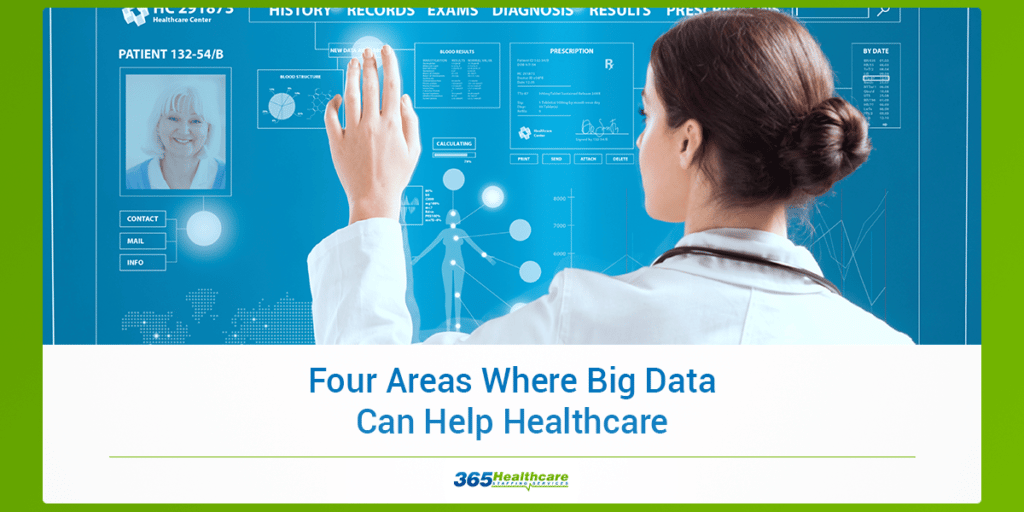Big data is here to stay. Now what? There are many ways that the healthcare industry can make use of this data.
Data integration
Information about a particular patient may be in a paper chart, on a heart monitor, in a pharmacy, on a hospital computer, or in a file at an urgent care center. It can be a challenge to gather all of that information, but big data offers hope for that.
Data integration is one of the benefits of big data: Some apps and software “[integrate] information from across the many systems to enable doctors to have an overview of their patients, as well as to drill down to more specific care information for individuals.”
Prescriptive analytics
When John Q. Public goes to the doctor with a complaint, the doctor can provide the appropriate treatment. If the condition will require physical therapy, the doctor can write a prescription for that. The doctor, given his knowledge of the condition and his analysis of John Q.’s condition, was able to predict the need for physical therapy.
Prescriptive analytics works much the same way. It “moves beyond the ability just to predict an upcoming event and provides the capability to do something about it.” For example, if a particular hospital is experiencing a lot of cases of a particular type of problem, this type of big data would “flag the anomaly and highlight which patients…may be next on the list….” It may even be possible to pinpoint the source of the problem so the hospital can determine the best course of action.
Gadgets galore
Smartphones are useful in many ways, and they may be part of What big data could do for healthcare: “It may make sense soon to ask patients with a smartphone to allow healthcare organizations to access data from their phones that will help identify patients who are not managing a chronic condition well….”
For one – and for all
Dr. Drew Harris, director of health policy at Thomas Jefferson University’s School of Population Health in Philadelphia, addressed How Big Data Will Customize Our Health Care in The Wall Street Journal. “Every pill will be tailored to our genetic code, even synthesized for us alone. Medication delivery systems will respond in real-time to our body chemistry to ensure therapeutic levels are maintained with second-by-second precision, mimicking metabolic systems.”
But that’s not all. Dr. Harris noted that big data will change care for large groups, as well.
“Data from large groups of patients under care will help healthcare providers find small hotspots of disease quickly and precisely, rather than extrapolating from small samples. Ongoing monitoring will facilitate medical research, essentially transforming medical charts into tools for clinical trials. Active surveillance for side effects will improve drug safety and help demonstrate clinical efficacy.”
Are you ready?
At 365 Healthcare Staffing Services, we have an excellent track record of helping healthcare personnel find the perfect career. Are you ready to put big data to work for you? If so, we’re ready to help you find the opportunity that is right for you. Give us a call today: 310.436.3650.


